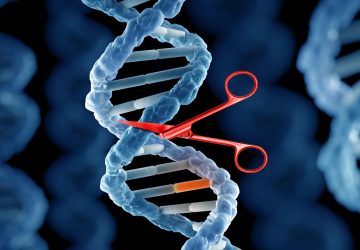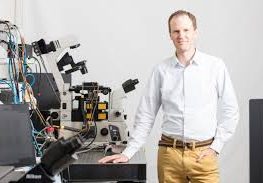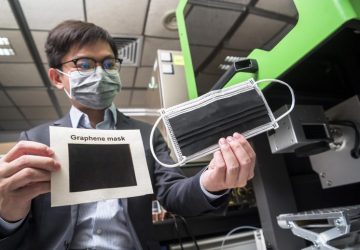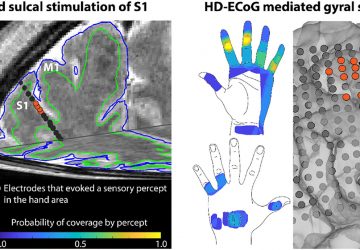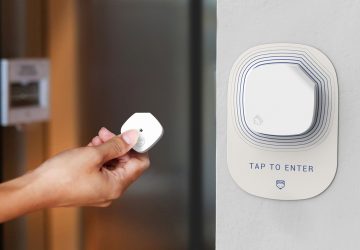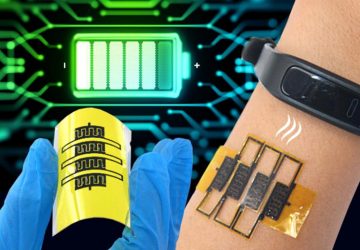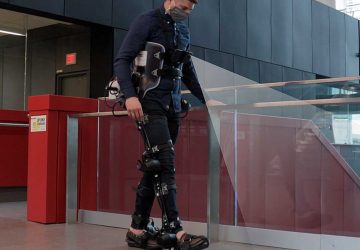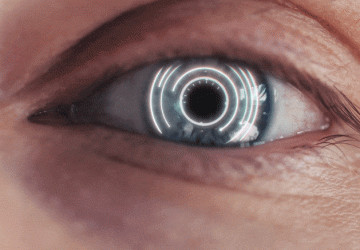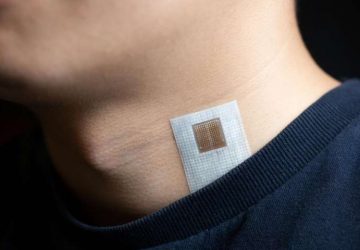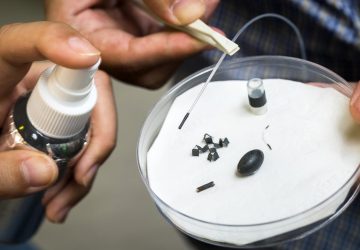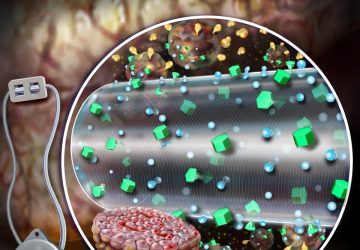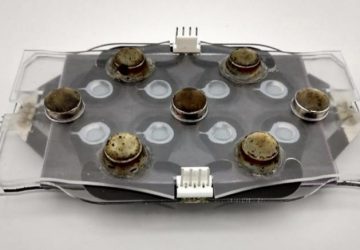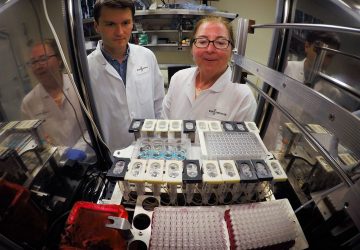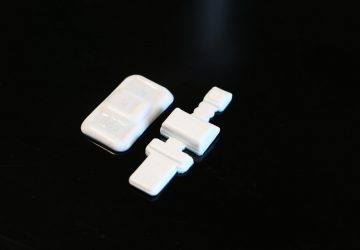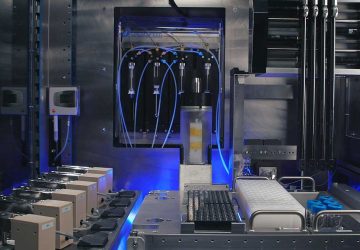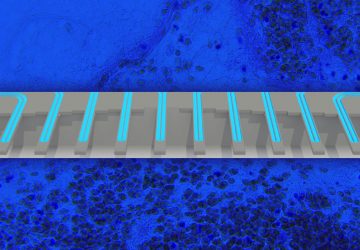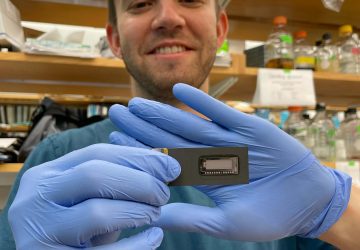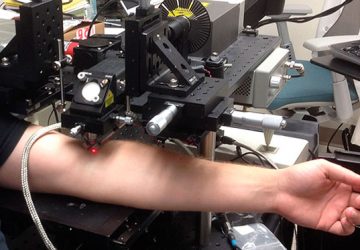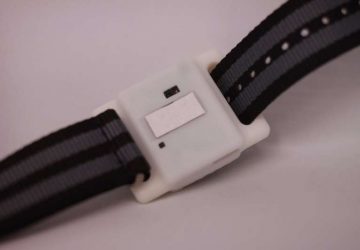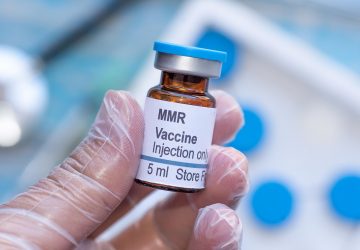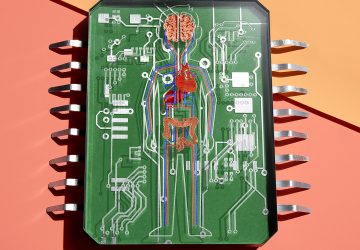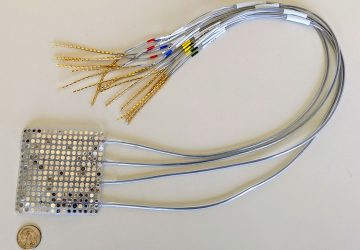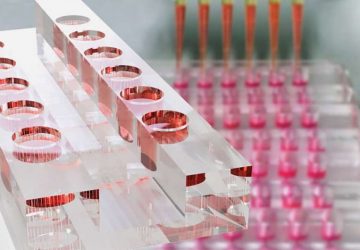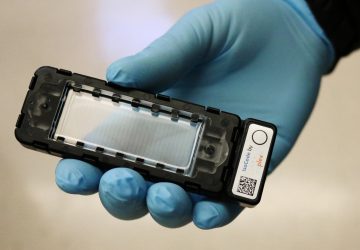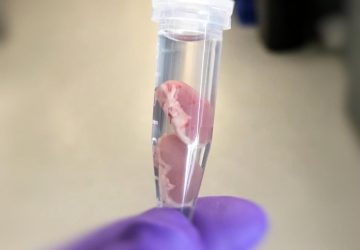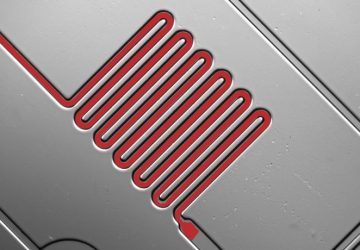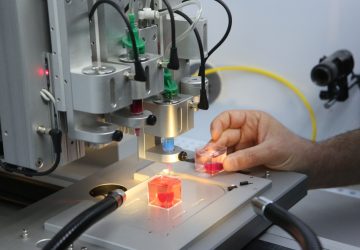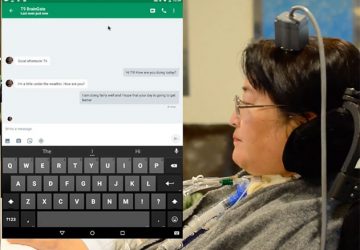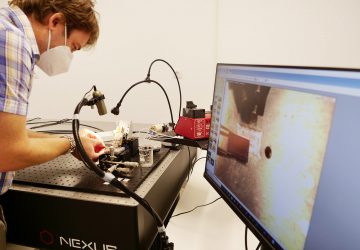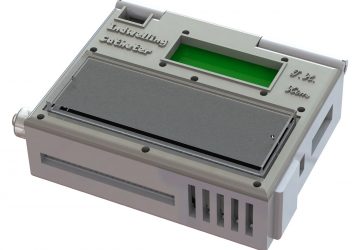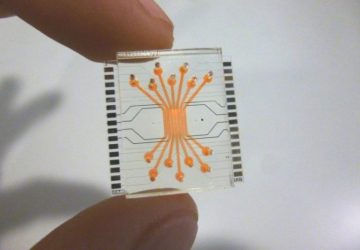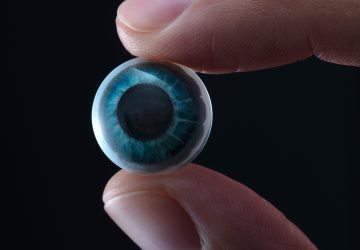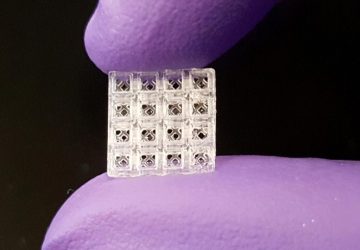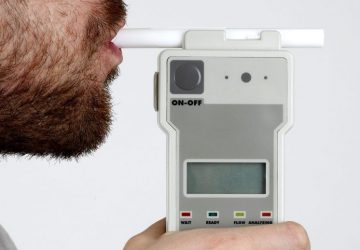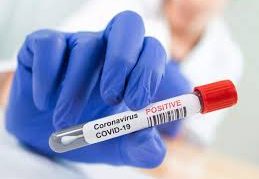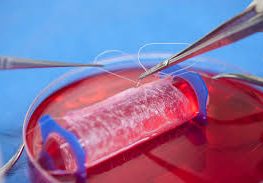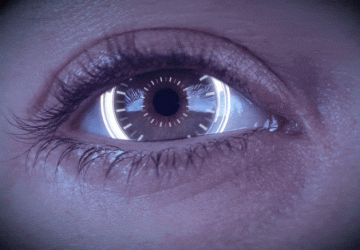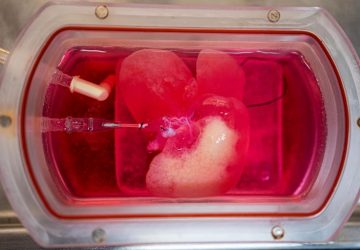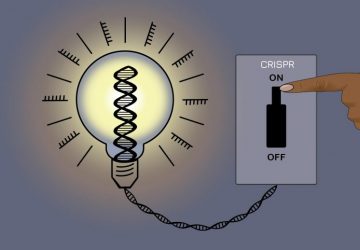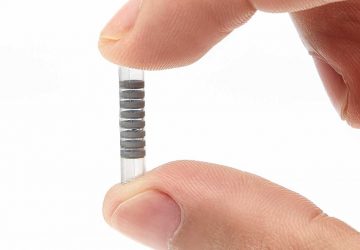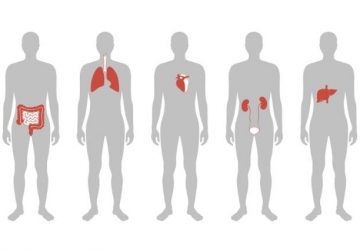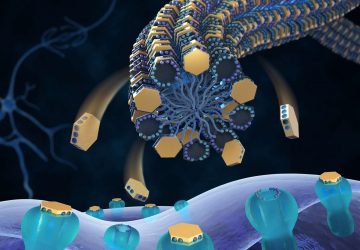U.S. regulators have approved the first piece of consumer tech for a neurological condition: a medical-grade smartwatch that monitors for dangerous seizures and sends an alert to summon a caregiver’s help. The wrist-worn sensor tracks many of the same things as a FitBit or an Apple Watch, but the new device has one important feature that other wearables do not: It also detects surges in skin conductance, an indicator of…
Read MoreSmart Contact Lens Doubles as Blood-Sugar Monitor
Smart contact lenses with embedded electronics just got a lot more practical. Korean researchers have designed a stretchable contact lens that can monitor glucose without distorting the wearer’s vision, according to a report published today in Science Advances. The device contains all the electronic components needed to wirelessly receive power, monitor glucose levels, and generate an LED display, while maintaining the soft, stretchable, and transparent qualities of a contact lens that people might actually be willing…
Read MoreAllergan CGRP drug hits goals in phase 3 migraine trial
A phase 3 trial of Allergan’s oral CGRP drug ubrogepant has met its co-primary endpoints. The drug offered greater relief than placebo to acute migraine patients in the two hours after dosing, but the size of the effect and cases of elevated liver enzymes leave scope for doubt about its prospects. Investigators enrolled more than 1,300 adults in the trial and randomized them to receive one of two doses…
Read MoreAnother piece to the puzzle in naked mole rats’ long, cancer-free life
Naked mole rats are intriguing for researchers for a variety of reasons: they have the longest life span of rodents (average lifespan is 30 years), they are resistant to a variety of age-related diseases such as cancer, and they tend to remain fit and active until very advanced ages. The Gorbunova Lab at the University of Rochester studies these rodents in the hopes of unraveling their unique anti-cancer properties….
Read MoreSpinal Discs Grown From Cells Could Someday Repair Bad Backs
Left: normal rat disc. Right: engineered disc. What’s the News: Researchers at Cornell University have now bio-engineered synthetic spinal discs and implanted them in rats. The implants provide as much spinal cushioning as authentic discs do, and improve with age by growing new cells and binding to nearby vertebrae, according to the study recently published in the journal PNAS. The research could…
Read MoreCyberdyne’s Medical Exoskeleton Strides to FDA Approval
Cyberdyne, the Japanese robotics company with the slightly suspicious name, has just gotten approval from the U.S. Food and Drug Administration (FDA) to begin offering its HAL (Hybrid Assistive Limb) lower-body exoskeleton to users in the United States through licensed medical facilities. HAL is essentially a walking robot that you strap to your own legs; sensors attached to your leg muscles detect bioelectric signals sent from your brain to your…
Read MoreSmart, ultra-thin microfibre sensor for real-time healthcare monitoring and diagnosis
The NUS-developed novel microfibre sensor, which functions like a conductive thread, is highly sensitive and ultra-thin with a diameter of a strand of human hair. Designed to be durable and washable, this invention has promising applications in the emerging field of wearable electronics. Credit: Image courtesy of National University of Singapore A research team from National University of Singapore (NUS) has developed a soft, flexible and stretchable microfibre sensor for…
Read MoreGerman Scientists Create Ultrafast Robot Arms from DNA
Illustration: Technical University of Munich Researchers at the Technical University of Munich (TUM) in Germany have given a big boost to DNA-based robotic systems by using electric fields to speed up their movements by five orders of magnitude over previous DNA systems. Prior to this work, which the German scientists descibe in today’s issue of the the journal Science, the main issue preventing previous DNA-based molecular machines from operating faster was that they…
Read More4 Health Tech Innovations Changing the Lives of Our Most Vulnerable Patients
Among all that we are grateful for one of the most important being our health. Health innovations that are helping people care for our most vulnerable communities are something to celebrate. Advancements in healthcare technologies have revolutionized the well-being of children, the mentally handicapped, neonatal patients and our elderly. So, here’s to your health, and cheers to four healthcare innovations that are reshaping human longevity and quality of life for future…
Read MoreThis Swallowable Gas Sensor Could Improve Your Diet
Is your diet working? A new ingestible gas sensor may be able to tell. An Australian team has developed the first gas-diagnosing intestinal pill ever to be tested in people. As the researchers report today in the journal Nature Electronics, this ‘smart’ capsule reliably measured levels of oxygen, hydrogen, and carbon dioxide as it journeyed through the innards of six healthy volunteers, revealing the impact of dietary fiber intake on…
Read More
